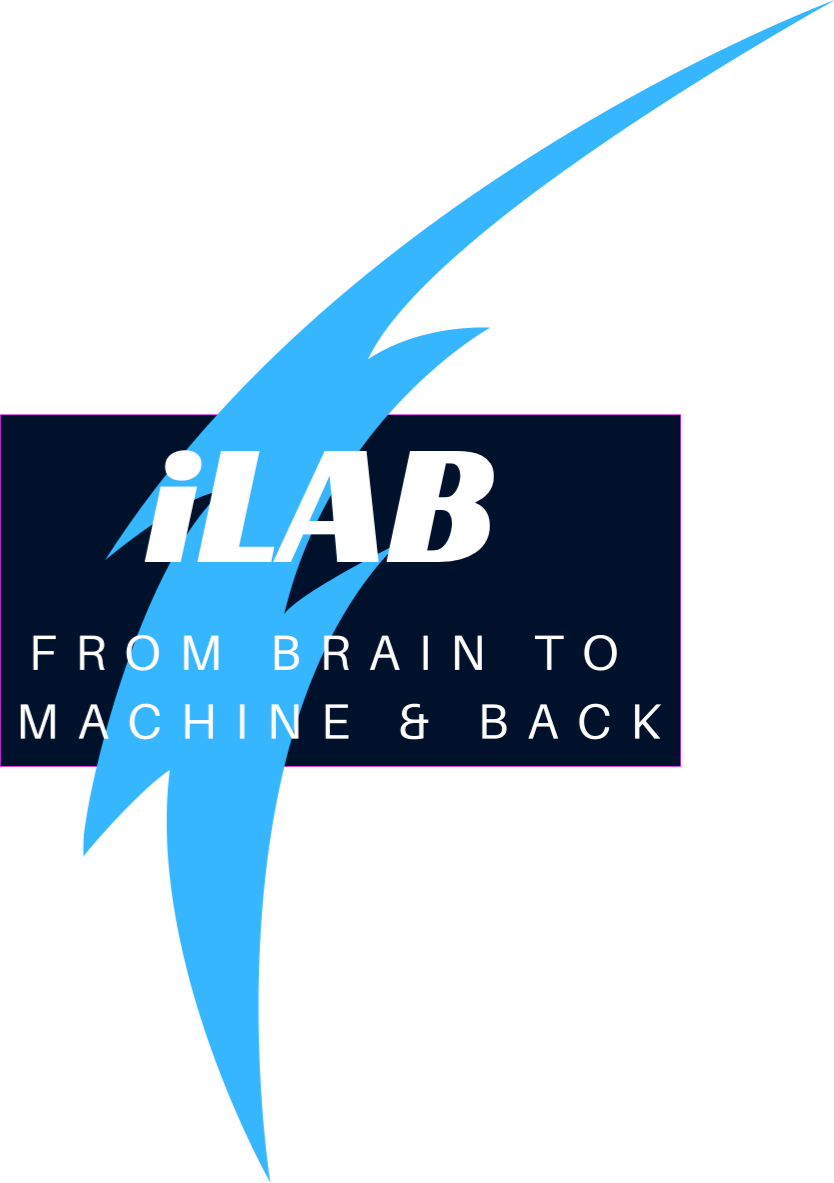| Brain-computer interface (BCI) systems are a rapidly growing technology that controlsexternal devices, e.g. a neuroprosthetic limb, by directly decoding intended movements from the recorded neural activities and bypassing the spinal cord. Decoding neural activity is a two-step process, feature vector extraction and classification/regression. In online BCI applications, non-stationary behavior of neural signals makes the process of meaningful feature extraction non-trivial. Conventionally, band-pass filtering along with simple threshold crossings are often used to extract feature vectors. These extracted feature vectors include unnecessary noise/artifacts. Thus, makes the task of a classifier/regressor hard. To overcome this problem, we want to evaluate a novel feature extraction method based on our two previously introduced separate methods (Spike-deeptector and artifact rejector). The scope of this study is to investigate the role of novel feature extraction method in online invasive BCI applications. We will use previously recorded data from a tetraplegic patient of multiple recording sessions. We will evaluate the trained model of classifier/regressor along with trained model of novel feature extractor in online mode. |
| Planned steps with estimated time· Literature review (30 days).Understand the behavioral task and its connection to neural data (30 days)Programing Task (45 days).Online evaluation of designed algorithm (15 days)Writing Task: Master Thesis (45 days) |
| Prerequisites:Interest, motivation and knowledge in supervised machine learning methods.Programming skills in Matlab® (or Python) Proficient use of scientific work |
| Begin and duration:Immediately , 6 months |
| Co-supervisors: Muhammad Saif-ur-Rehman, M. Sc.Tel.: +49 208 88254806, Muhammad.Saif-ur-Rehmann@hs-ruhrwest.de Supervisors: Prof. Dr. Ioannis Iossifidis, Tel.: +49 208 88254806, iossifidis@hs-ruhrwest.de |
